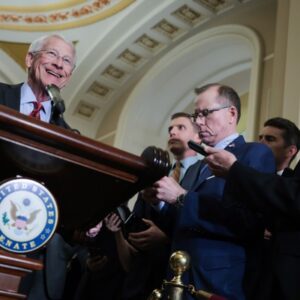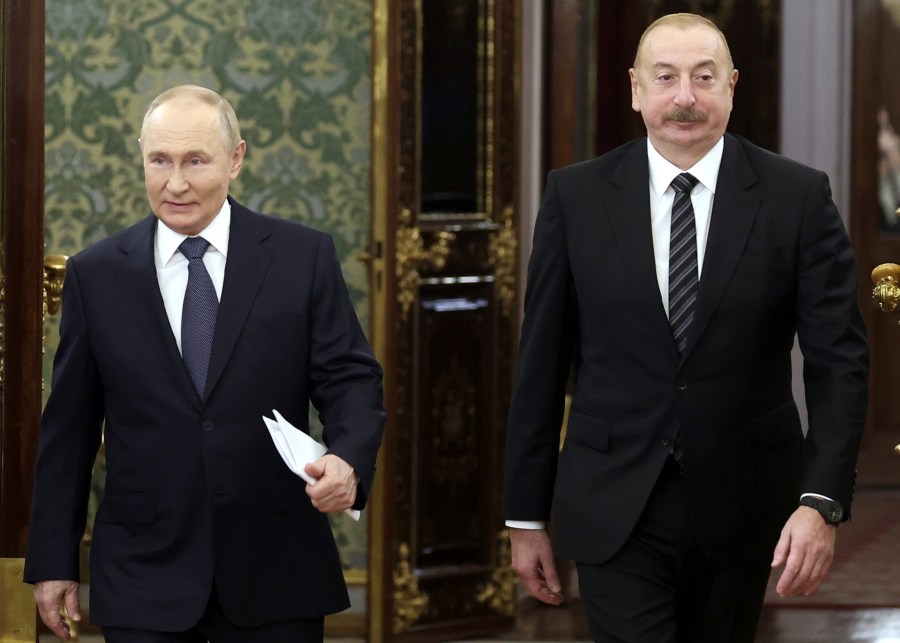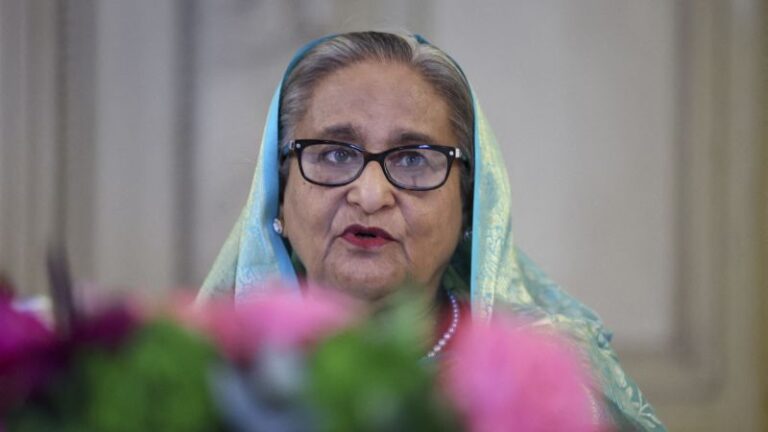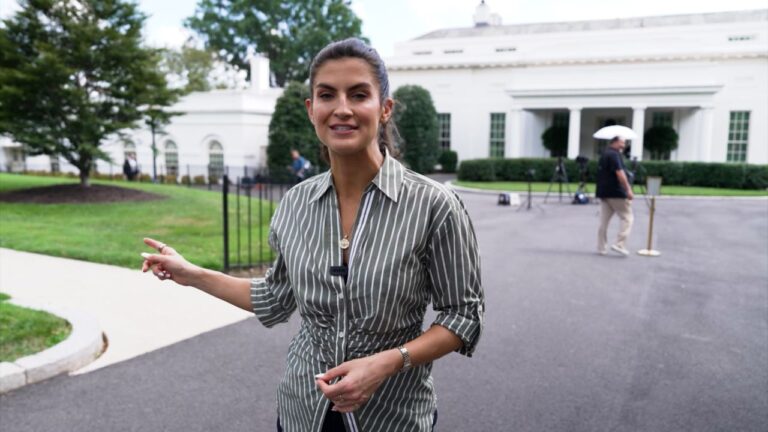Tensions between Russia and Azerbaijan have reached a boiling point, marked by the deaths of ethnic Azerbaijanis in Russia and the crash of an Azerbaijan Airlines passenger jet. The situation has been exacerbated by Azerbaijan’s growing ties with Turkey and the diminishing influence of Russia in the South Caucasus region. This article explores the factors contributing to the escalating tensions between these two nations.
Economic Ties and Historical Context
The relationship between Russia and Azerbaijan has been historically complex, rooted in strong economic and cultural ties that date back to 1993. This was when Heydar Aliyev, Azerbaijan’s Soviet-era Communist boss, became president. Under his leadership, Azerbaijan developed a robust economic partnership with Russia, buying oil and natural gas while exporting its own energy resources to the West. Russia has been a primary market for Azerbaijan’s agricultural exports and a key transport corridor for trade with Iran and other Middle Eastern countries.
Approximately two million ethnic Azerbaijanis reside in Russia, contributing significantly to sectors such as construction, real estate, and trade. However, the geopolitical landscape shifted dramatically after Russia’s military intervention in Ukraine in 2022, pushing Moscow to strengthen ties with Baku amidst Western sanctions.
The Karabakh Conflict: A Flashpoint
The long-standing conflict over the Nagorno-Karabakh region has been a significant source of tension. The conflict began in the late 1980s and escalated into a full-scale war by 1991, resulting in Armenian-backed forces taking control of the region. Although Russia claimed neutrality, it provided support to Armenia, complicating its relations with Azerbaijan.
In 2020, Azerbaijan, with Turkish military support, regained significant territories, leading to a Russian-brokered truce and the deployment of peacekeepers. By September 2023, Azerbaijan had fully reclaimed Karabakh, a move that angered Armenia and shifted regional alliances.
Recent Incidents Escalating Tensions
The Azerbaijan Airlines Crash
On December 25, 2024, an Azerbaijan Airlines passenger jet crashed en route from Baku to Grozny. Azerbaijani authorities alleged that Russian air defenses accidentally targeted the aircraft, leading to its crash in Kazakhstan, killing 38 of the 67 passengers. Russian President Vladimir Putin expressed regret but did not accept responsibility, prompting criticism from Azerbaijani President Ilhan Aliyev.
Police Raids and Diplomatic Fallout
In June, Russian police raids in Yekaterinburg resulted in the deaths of two Azerbaijani brothers, further straining relations. Azerbaijan accused Russian authorities of extrajudicial killings, while Russia detained several Azerbaijani figures in response. The situation worsened when Azerbaijani police arrested Russian nationals in Baku, leading to mutual diplomatic protests.
“Ukraine will do everything possible to add fuel to the fire and provoke the Azerbaijani side to continue emotional actions,” said Kremlin spokesman Dmitry Peskov.
Implications and Future Prospects
The current tensions between Russia and Azerbaijan have significant implications for regional stability. Azerbaijan’s increasing alignment with Turkey and Ukraine suggests a strategic pivot away from Moscow’s influence. This shift could alter the balance of power in the South Caucasus, potentially leading to further geopolitical realignments.
As both nations navigate this diplomatic crisis, the international community watches closely. The potential for escalation remains, with both sides engaging in rhetoric that could hinder reconciliation efforts.
Looking ahead, diplomatic engagement and dialogue will be crucial in preventing further deterioration of relations. The involvement of international mediators may be necessary to facilitate discussions and promote peace in the region.
The evolving dynamics between Russia and Azerbaijan underscore the complexities of post-Soviet geopolitics, where historical ties and contemporary alliances continually reshape the landscape.























